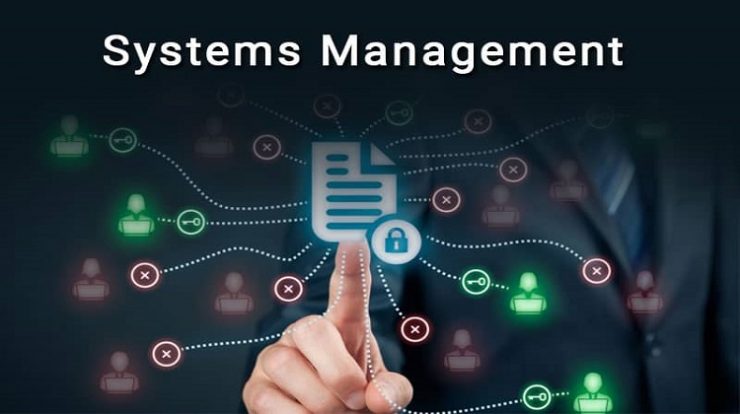
In a computer network, various devices are connected and use network protocols to send and receive data. In a typical network, there are computers, mobile devices, hard drives, other hard disks, peripheral devices like printers & scanners, routers, switches, bridges, and hubs that connect them all.
Different network topologies, such as closed loop, mesh, and tree, can be used to connect these devices to describe how they are organized. Another crucial aspect to consider is whether a network connects to the internet or is a private, closed network.
Things you learn from master networking
IT & computer networking experts who complete Network Courses In Mumbai Network Courses In Hyderabad need technical and analytical skills. On the technical side, these positions call for proficiency in dealing with all pertinent operating systems, including Microsoft Windows, Linux, & UNIX, as well as computers, smartphones, & other mobile devices & peripherals.
It’s also crucial to possess an in-depth technical understanding of the intranets, network segments, local area networks, and wide area networks that can link these different equipment and parts. IT & Network Courses In Hyderabad, experts also require excellent analytical skills to put such technical knowledge to use.
These computer networks were constructed using they must be able to assess the requirements and financial constraints of a business and develop a strategy for providing a dependable, secure network infrastructure in line with those requirements. Once the network is operational, networking experts use their analytical and problem-solving talents to address any emerging hardware and software problems.
Networking experts are essential and in high demand as corporate operations rely increasingly on IT systems (&, increasingly, the cloud). According to the Labor statistics, network & computer systems administrators made a median yearly pay, and it is anticipated that these jobs will continue to increase steadily along with the remainder of the broader economy.
From the original design and construction of the communications infrastructure to its continuous administration and support, these computers & IT networking specialists are in charge of several tasks. To design their computer network systems, businesses frequently employ network architects, wireless communication experts, & network security engineers. Companies may also employ network managers & network security administrators to maintain and troubleshoot the network.
Computer Networking Classes Overview
Computer network system setup skills are taught in computer networking classes using a combination of lectures and practical applications. Basic networking concepts and recent advancements in the subject may be covered in discussions, lectures, and projects in courses. In a class on computer networking, students examine subjects like:
- Analysis and measurement of performance
- The study of protocol mechanisms
- Control, sequencing, and simulation of networks
- Contemporary network architecture
- Network protection
According to online, network engineers, programmers, and consultants can benefit from the knowledge gained in networking classes (onetcenter.org). Classes may focus on Unix or Windows systems & may result in a professional certification in the area.
Students that take computer networking classes are also prepared to handle the following duties:
- Upkeep documents on a network server
- System performance being watched
- Help others with their network issues
- Upkeep of devices linked to the network
- Adapt software to user needs
- Computer Experience.
Last Words
When studying computer networking classes, prior computer experience is required. Learning networking techniques can be done in a classroom or on your own. To participate, students taking classes to learn more knowledge or a more comprehensive range of abilities might need to have their laptops.






